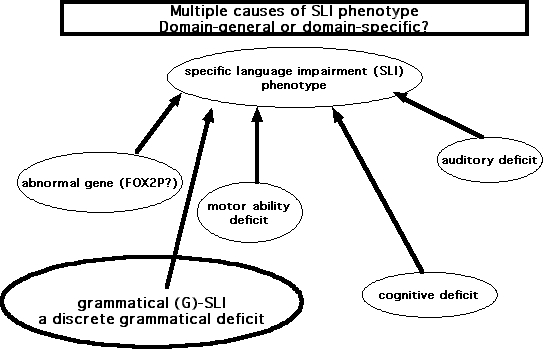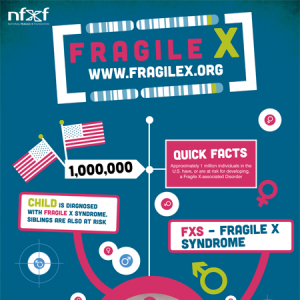Genetics and Speech Disorders
Maybe you get your brown hair from your dad and your blue eyes from your mom. But did you ever consider that perhaps your speech and language patterns are also inherited? Advancements in medical and scientific research have increasingly been revealing that you can also inherit susceptibility to speech disorders, just like you might inherit increased risks for diabetes or other medical conditions. Genetics and speech disorders involve a complicated twisting and turning of details that all come together to form clues about your genetic makeup. Just like with other medical and health issues, the more we know about the likelihood of our genes playing a role in our overall well-being, we can make preventative and proactive decisions.
Specific Speech Disorders and Genetics
There are several specific types of speech and language disorders that appear to be closely tied with genetics. Scientists have begun identifying specific genes that are responsible for the ways we speak and communicate. Probably the most important discovery has been the genes FOXP2, KIAA0319, CNTNAP2, ATP2C2, and CMIP.
In 2001 scientists from the U.K. found that rare mutations of FOXP2 can be responsible for many members of the same family struggling with specific language impairment (SLI). Researchers have also found genetic links with other genes to stuttering, speech-sound disorder, and developmental verbal dyspraxia (DVD).
- What is SLI? – Specific language impairment is one of the most common learning disabilities that appears in childhood, affecting as many as 8% of kids. It is sometimes also referred to as developmental language disorder or developmental dysphasia. Kids with this disorder find it challenging to build strong vocabularies, even though their hearing is unaffected. Scientists now believe that as many as 50%-70% of children who have SLI also have at least one family member who struggles with the disorder.
- What is stuttering? – Stuttering takes on many forms of repetitions – beginning sound, ending sounds, and partial word repeating. There are signs that genetics plays a part in at least some of these instances.
- What is speech-sound disorder? – Speech-sound disorders include a wide range of articulation and phonological problems, including leaving off or adding extra sounds to words.
- What is developmental verbal dyspraxia (DVD)? – Also known as childhood apraxia of speech, this disorder makes it difficult for children to coordinate their muscles needed for clear speaking.
Why Do I Need to Know About Genetics and Speech Disorders?
Just like so many aspects of life, the more you know, the more you can do. Perhaps genetics are the reason why several of your cousins have speech disorders. Understanding family medical history can help you make better decisions about preventative care and speech therapy. When you complete your child’s health forms and go through all of the options – family histories of cancer, diabetes, medical illness, and so on – keep in mind that even though “speech disorder” might not be listed as a family medical condition doesn’t mean that there aren’t genetic tendencies in your family. It often isn’t until you meet with a speech therapist that family histories of speech disorders will become relevant.
- If you have a family history of any kind of speech disorder, early prevention can help to give your child the best opportunity for healthy communication skills.
- Talk with your child’s pediatrician about other related health issues that may be genetic. Some of the early genetic findings related to communication include ties to disorders such as Autism as well, with what is known as Fragile X Syndrome.
There are many causes of speech and language disorders, and scientists are only beginning to scratch the surface when it comes to genetics and speech disorders. If you or your child struggle with communication, talk with your healthcare provider, a speech therapist, and other qualified individuals. You don’t have to have a family history in order to find a cause and work toward improved communication skills.





